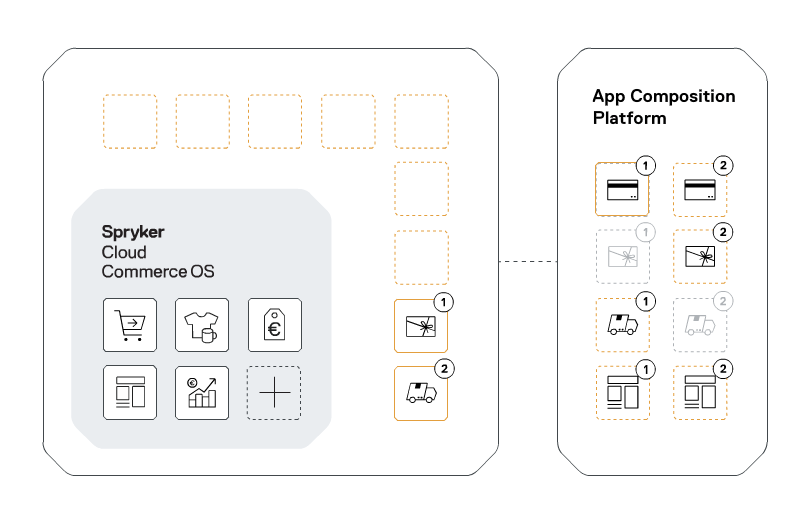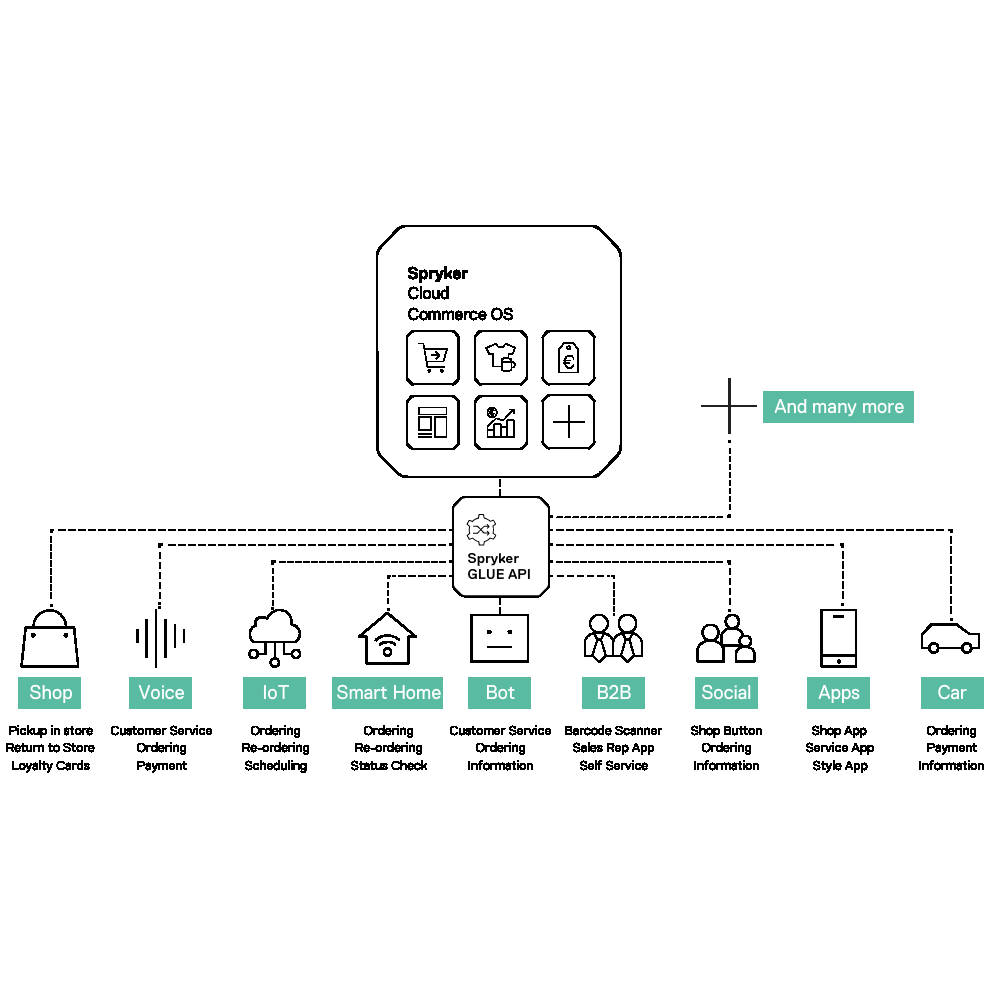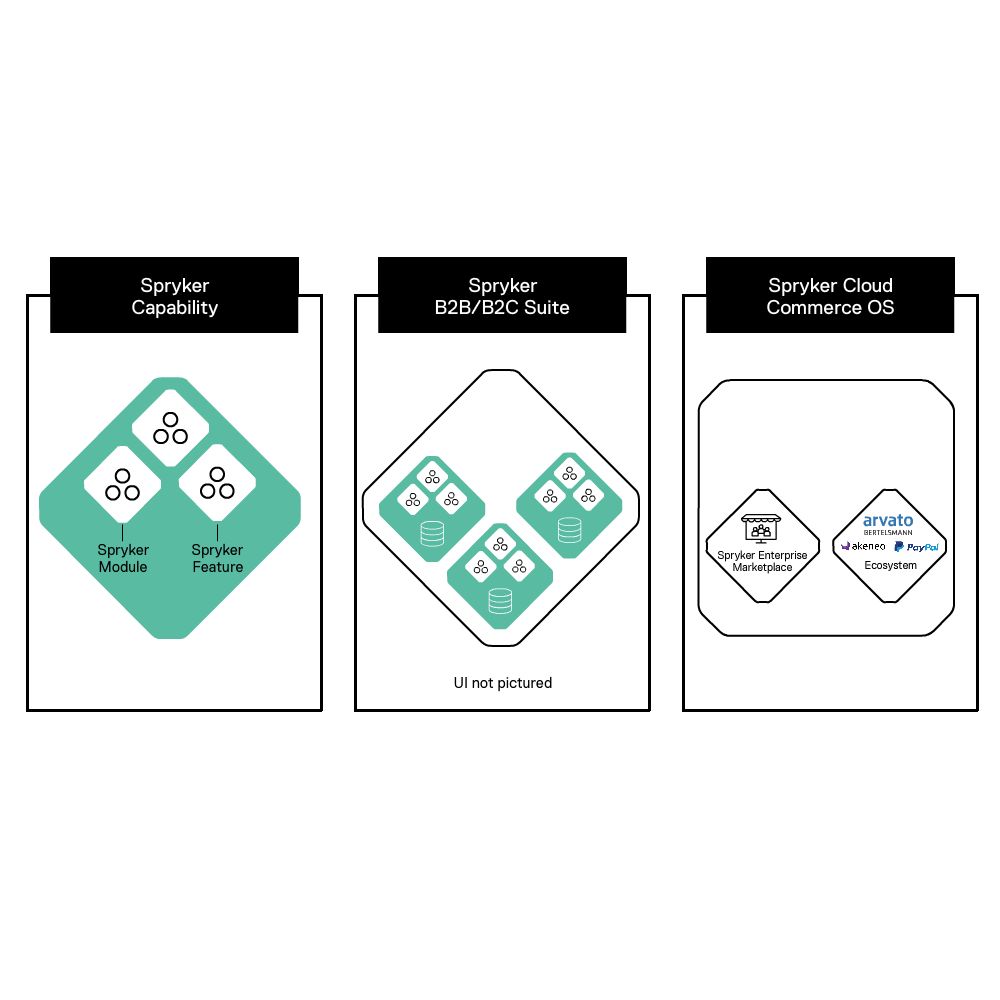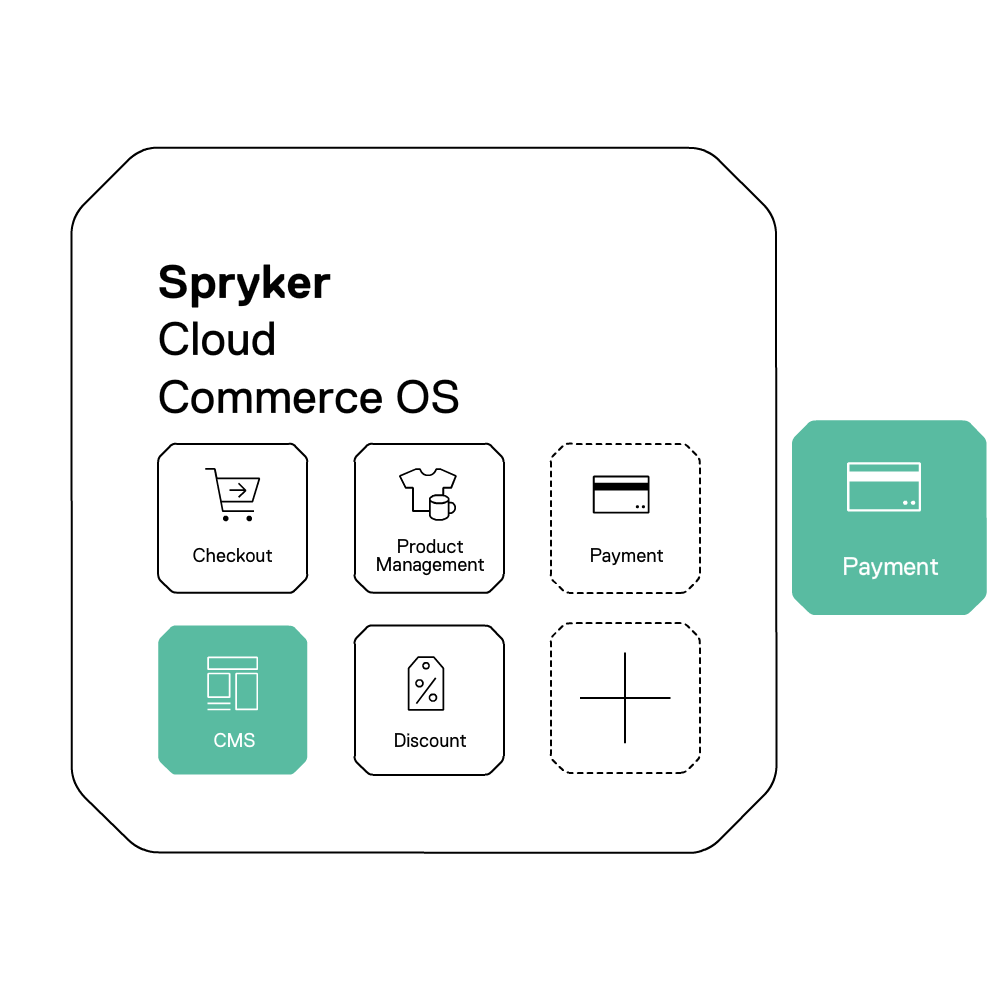
Everything you need to know about a Marketplace Software
Marketplaces offer immense growth potential for businesses within B2C and B2B industries. By adopting a marketplace model, companies have the opportunity to scale at a much quicker pace while reducing risk. Read our guide to learn 'Everything You Need to Know about Starting a Marketplace'

-
CHAPTER 01 - Introduction to Marketplaces: How does a Marketplace work and what are the roles of the Marketplace Operator & Merchants
-
CHAPTER 02 - The Benefits of Starting a Marketplace: Benefits for the Operator, for your Merchant, and for your Customers
-
CHAPTER 03 - Getting Started with Spryker’s Marketplace Suite: The Merchant Portal, the Marketplace Storefront and the Back Office for Marketplace Operator
An Error occured while trying to load the form. Please reload the Browser to try it again.
Why is a Marketplace Software the right choice ?
Reduce risk, scale faster & improve your bottom line. A marketplace offers great potential for your business. Download the guide for everything you need to know about marketplace software.

How does a Marketplace Software work
Looking to streamline your business processes and boost sales? At Spryker, we’ve got you covered. Our Marketplace Software solution is designed to simplify complex transactions, connect businesses with buyers, and increase revenue.
With Spryker’s Marketplace Software, you can create a digital ecosystem that connects suppliers and buyers, facilitating transactions, and improving efficiency. Watch the video for a step-by-step breakdown of how our Marketplace Software solution works.
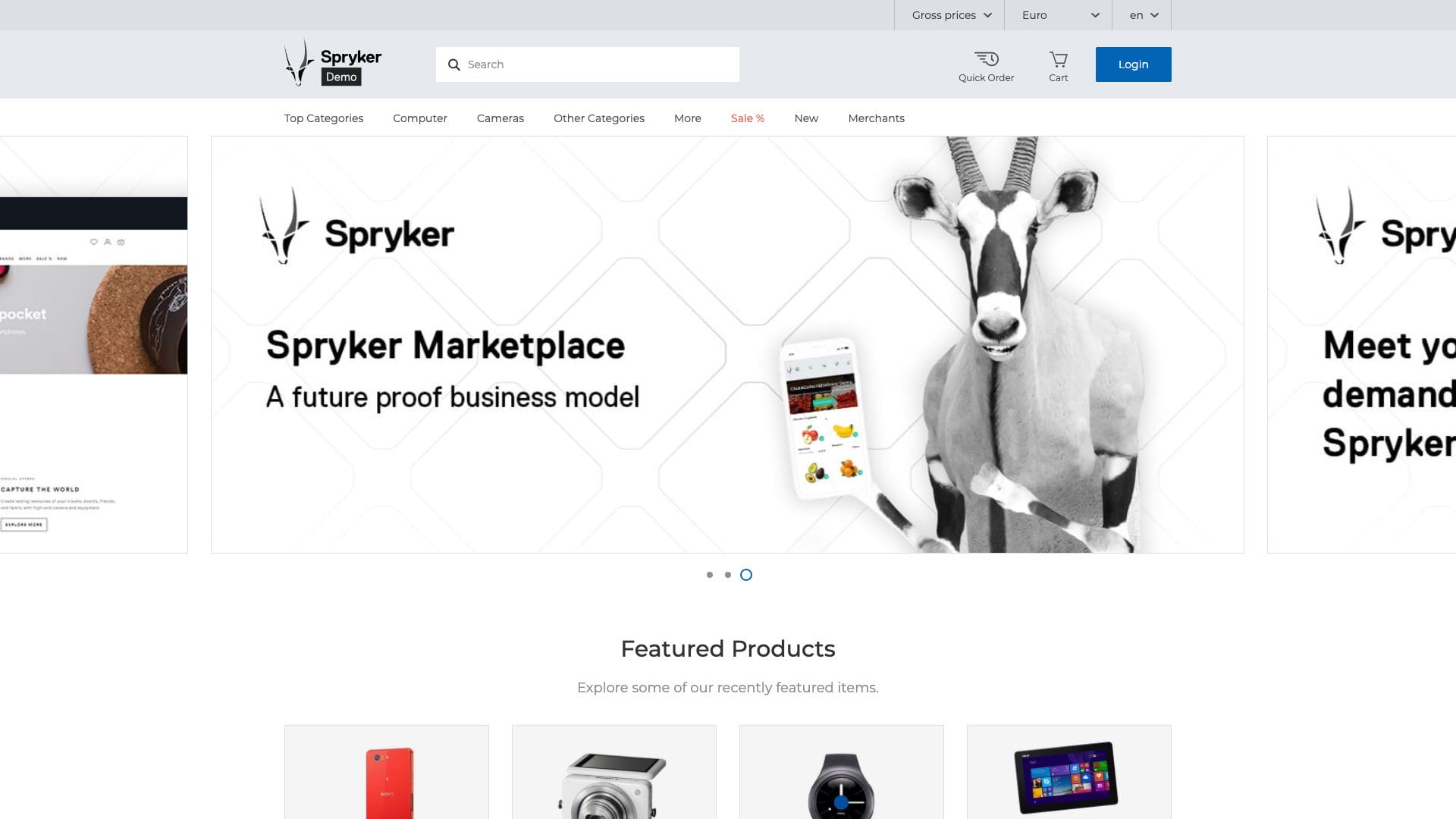
-
What are the benefits of a Marketplace Software?
- Enriched product portfolio leading to effortless scalability
- Increased profit margin due to redistribution of business risk and financial commitment
- Competitive advantage through a diverse product offering
- Autonomy over merchant activities, products, and price levels
- Reduced marketing costs owing to expanded customer base
- Well-rounded portfolios lead to increased customer loyalty and trust
- Increased global visibility
-
How to manage marketplace merchants on Marketplace Software?
The Spryker Merchant Portal is the management interface for third-party Merchants and enables them to take care of all administrative tasks in one place.
- The merchant can register and edit a merchant profile that contains contact details, shop descriptions with logos and banners, and legal information.
- In the Merchant Portal, merchants can list their products and individual offers for existing products in the marketplace.
- They can keep track of all incoming orders and manage order statuses for their customers.
- A dashboard function provides the latest sales reports.
Benefit: Expand your business and save costs by allowing merchants to create and manage their offers.
-
How to build a marketplace?
Building a marketplace that will enable your business to scale with minimal risk involves aligning with best-of-breed solutions. While this may seem like a mammoth task it is important to find a technology partner that is adapted to the latest trends in web application design.
Make digital commerce your competitive advantage with a platform that optimally implements your unique business model. See Spryker in action
-
How are marketplaces different from regular e-commerce stores?
Regular e-commerce stores offer businesses attractive storefronts, automated processes, secure transactions, virtual support, and global brand exposure. While this is a great improvement from offline transactions, marketplaces offer even more:
- Reach to wider captivated audiences
- Excellence through expedited shipping and delivery
- Exceptional pricing
- Product and service availability
- Guaranteed performance
Marketplaces allow several merchants on one platform, offering a wider range of products, competitive pricing, and solutions to supply chain issues by providing multiple product and material sources from more than one location.
In the manufacturing industry, for instance, businesses can benefit from specialized marketplace technology which enables them to manage their revenue better by optimizing their warehouse space through advanced inventory management.
Transform your business with Spryker's Marketplace Software
-

App Composition Platform
Get the full guideTry out 3rd party services with their online business in the most seamless, secure and curated way. With the simple click of a button, connect to payment service providers, search, and other third party integrations – no coding required!
-

Headless Commerce
Get the full guideThe use of an application programming interface (API) to connect multiple platforms on the front-end, thereby making it easier for developers to create personalized experiences without having to make alterations on the back-end system. By decoupling the back-end functionalities from the front-end, it is easier to release new features that customers can access through multiple channels or storefronts such as mobile, social, wearables, voice assistants, and other IoT devices.
-

Packaged Business Capabilities
Get the full guidePackaged Business Capabilities, or PBCs, are an assembly of functionalities that are grouped into larger clusters. All functionality should be encompassed within the PBC and no critical dependency to others should be given. Communication between the different PBCs and other systems should work based on an API infrastructure, to maximize speed and security. Compared to known Microservices, PBCs provide better governance by business users compared to costly and complex monitoring by IT experts.
-

Modular Approach
Get the full guideModularity means updating and adding features, front- or back-ends as needed based on your business needs. Utilize the entire Spryker system, only specific features, or integrate your preferred 3rd party systems, your business is never limited in what you can do or how you can grow. Launch MVP using only necessary features. Add, delete, and test new features easily without downtimes. Developers work in parallel allowing for faster implementation, testing, and better optimization—all for less internal cost
Spryker is Trusted by Industry Leaders

Want to Know More About a Marketplace Software?
Visit our Product Portal and find in-depth information regarding all available Spryker products, features and solutions for your business.
Marketplace Capabilities
Marketplace Feature Glossary
Spryker Technology
An Error occured while trying to load the form. Please reload the Browser to try it again.


